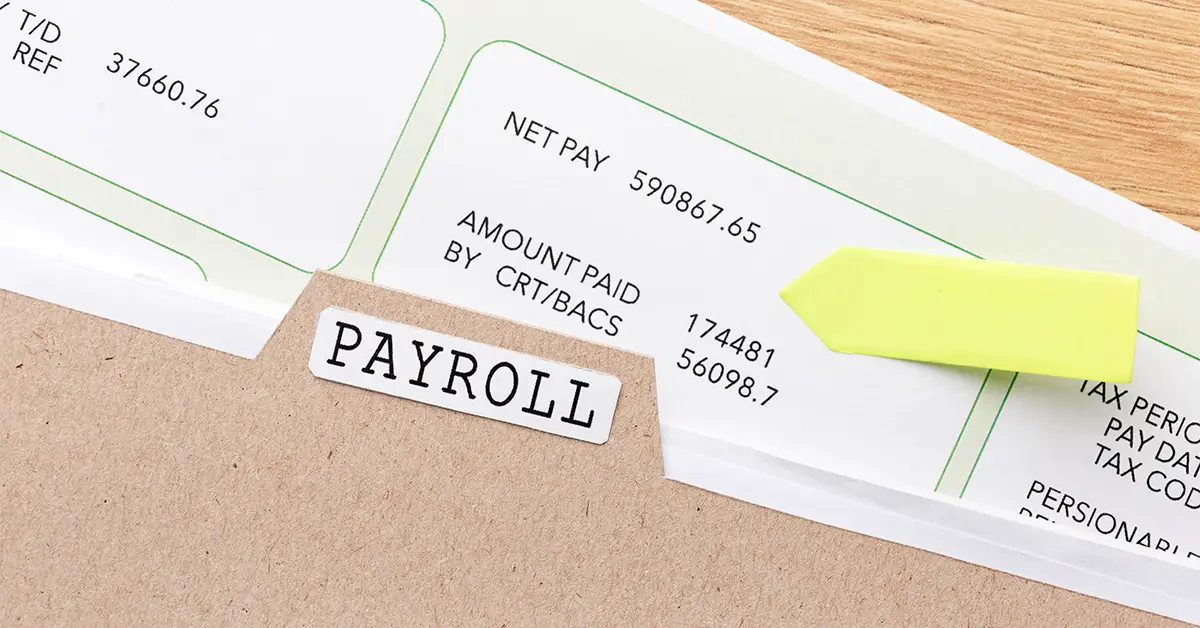Stimulus checks are typically issued to individuals and are meant to be deposited or cashed by the intended recipient. However, you should keep in mind that another person can cash your stimulus check with or without your consent. So, if you lose your Stimulus check then somebody can commit fraud.
Is It Possible for Someone Else to Cash Your Stimulus Check?
Yes, it is possible for someone else to cash your stimulus check with or without your knowledge. Sometimes, tellers do not ask for ID, and somebody can commit fraud. However, if you want somebody to cash your stimulus check, then banks place holds on checks to ensure the funds are available in the payer’s account.
If you want someone else to cash your stimulus check, you need to find a place that accepts cashing third-party checks. For example, suppose you try to cash for someone else at a Kroger grocery store. In that case, you will be rejected because Kroger does not carry Payroll checks, Business checks, Insurance settlement checks, Government checks, and Income tax refund checks.
Situations where Someone Else Can Cash Your Stimulus Check
While it is generally recommended to cash your own stimulus check to avoid any potential issues or complications, there are certain situations where someone else may be able to cash your check on your behalf. Here are a few scenarios where this may be possible:
- Power of Attorney: If you have granted someone power of attorney, they may be able to cash your stimulus check for you. Power of attorney grants someone legal authority to act on your behalf, including handling financial matters.
- Joint Bank Account: If you have a joint bank account with someone, such as a spouse or family member, they may be able to deposit or cash your stimulus check. However, it’s important to note that this may vary depending on the bank’s specific policies.
- Endorsement and Authorization: In some cases, you may be able to endorse your stimulus check and provide written authorization for someone else to cash it. This could be useful if you are unable to cash the check yourself due to various circumstances, such as illness or absence.
It’s important to discuss these options with a financial advisor or legal professional to ensure that you are following the proper procedures and protocols.
Legal Principles of Stimulus Checks
Ownership of Stimulus Checks
When it comes to stimulus checks, it’s crucial to understand the legal principles regarding their ownership. The recipient listed on the check is typically the legal owner. However, there may be situations where someone else has the authority to cash the check on behalf of the recipient. Here are some scenarios to consider:
- Joint Tax Filers: If you and your spouse filed a joint tax return and received a stimulus check, either spouse can endorse and cash the check as they both have equal ownership rights.
- Power of Attorney: If the recipient of the stimulus check has a valid power of attorney, the person designated as the attorney-in-fact can endorse and cash the check on their behalf.
- Legal Guardianship: In cases where the recipient is a minor or lacks the mental capacity to cash the check, the legal guardian can endorse and cash the check on their behalf.
Rules on Endorsing and Cashing Stimulus Check
It’s important to note that endorsing and cashing someone else’s stimulus check without legal authority is a violation of federal law. The Internal Revenue Service (IRS) has specific rules regarding the endorsement and cashing of stimulus checks:
- Proper Endorsement: The recipient must properly endorse the back of the check with their signature. If someone else is cashing the check on their behalf, their signature and the designation “For Deposit Only” should be included.
- Valid Identification: When cashing a stimulus check on someone else’s behalf, the person presenting the check should provide valid identification, proving their identity as the authorized person.
- Financial Institution Policies: Financial institutions may have their own policies regarding the endorsement and cashing of stimulus checks. It’s essential to check with the specific bank or credit union for their requirements and procedures.
Understanding the legal principles surrounding the ownership and cashing of stimulus checks can help ensure compliance with federal regulations and prevent any potential legal issues. It is always recommended to consult with legal and financial professionals for individual circumstances and guidance.
Designating an Authorized Representative
If you are unable to cash your stimulus check yourself, it is possible to designate an authorized representative to do so on your behalf. An authorized representative is someone you trust who can handle financial matters on your behalf. This could be a family member, friend, or professional representative.
Steps to Authorize Someone to Cash Your Stimulus Check
To authorize someone to cash your stimulus check, you will need to follow these steps:
- Write a letter of authorization: Create a letter stating that you authorize the specific individual to cash your stimulus check. Include your full name, address, and contact information, as well as the name, address, and contact information of the authorized representative.
- Provide identification documents: Attach copies of your identification documents, such as your driver’s license or passport, to the letter of authorization. This helps ensure that the authorized representative can prove their identity when cashing the check.
- Sign and date the letter: Sign and date the letter of authorization to make it legally binding. Make sure to include the current date to indicate when the authorization is valid.
- Notarize the letter: Consider getting the letter notarized to add an extra layer of authenticity to the authorization.
By following these steps, you can designate someone else to cash your stimulus check and ensure that the process is carried out smoothly and securely.
Direct Deposit of Stimulus Check
Receiving your stimulus check via direct deposit is the quickest and most convenient way to access your funds. The Internal Revenue Service (IRS) typically deposits stimulus payments directly into the bank account listed on your tax return. This allows you to receive your money faster than waiting for a physical check to arrive in the mail.
Transferring Stimulus Check to a Trusted Individual
If you are unable to cash your stimulus check yourself, you may have the option to transfer it to a trusted individual who can cash it on your behalf. This can be done by endorsing the back of the check and signing it over to the other person. However, it’s important to note that not all financial institutions allow this type of transfer, so it’s best to check with your bank or credit union before attempting to do so.
Using Power of Attorney for Stimulus Check
If you are unable to cash your stimulus check yourself, you may consider using a power of attorney (POA) to authorize someone else to do it on your behalf. A power of attorney is a legal document that grants another person, known as the agent or attorney-in-fact, the authority to act on your behalf in various financial and legal matters. To use a power of attorney for cashing a stimulus check, you will need to follow these steps:
- Create a power of attorney document: This document should clearly state that the agent has the authority to cash your stimulus check.
- Sign the document: You, as the principal, will need to sign the power of attorney document in the presence of a notary public to ensure its legal validity.
- Provide the necessary identification: The agent will need to provide their identification, as well as a copy of the power of attorney document, to the bank or financial institution where the stimulus check needs to be cashed.
Requirements and Limitations
When using a power of attorney to cash a stimulus check, there are certain requirements and limitations to keep in mind:
- The power of attorney document must be valid and comply with the legal requirements of your jurisdiction.
- The agent must present a valid identification document and provide proof of their authority to act on your behalf.
- Some banks or financial institutions may have their own requirements or policies regarding accepting a power of attorney for cashing a stimulus check. It is recommended to contact the specific institution beforehand to ensure compliance.
- The power of attorney may have an expiration date or specific duration. Make sure to clarify any time limitations in the document.
- The agent should act within the scope of the authority granted in the power of attorney. They should only use it to cash the stimulus check and not for any other purposes.
- It’s important to consult with a legal professional to ensure that you comply with all the necessary legal requirements and understand the limitations and implications of using a power of attorney to cash your stimulus check.
Conclusion
In conclusion, cashing a stimulus check issued to you personally is a straightforward process. However, if you are unable to cash the check yourself, there are options available to allow someone else to cash it on your behalf.
It is always recommended to consult with your bank or financial institution for specific instructions and requirements regarding cashing a stimulus check on behalf of someone else. Remember to consider the risks involved and choose a trusted individual to handle such transactions.

